
Everyone should see a dentist for a checkup and cleaning every six months, including people with dentures. Oral health involves more than teeth – your dentist is also carefully looking at your gums, tongue and jaw during a dental checkup. Denture wearers also have specific needs that require regular dental care to maintain a bright, healthy smile.
why do I still need to see a dentist if I have dentures?
During a checkup, your dentist will examine your denture to make sure it still fits and functions properly.
As we age and experience other natural physical changes, we may need to adjust the size and structure of our dentures to avoid gum irritation and pain when we bite down. The dentist will also check for health issues such as gum disease, and decay (if you have partial dentures or only an upper or lower plate) and ask you if you are experiencing any discomfort or problems with your dentures.
You’ll also need professional cleanings. Plaque builds up on dentures in the same way as it does on natural teeth and needs to be removed. Dentures can’t get cavities, but plaque can still cause health issues and bad breath if not removed regularly.
Your dentures can also get stained or become a bit dingy over time. A professional cleaning can brighten them up again. Dentures aren’t as tough as natural teeth, so you shouldn’t use abrasive toothpaste or at-home whitening products on your dentures. Your dentist or hygienist has access to tools that can thoroughly clean off stubborn plaque without harming your dentures.
That’s why you still need to see a dentist!
Between checkups – keeping your dentures clean
As noted above, you should avoid using abrasive whitening toothpaste and at-home bleaching products on dentures. But even standard toothpaste and toothbrushes may be too abrasive. Talk to your dentist, they will probably advise you to use products that are made for denture care.
If you don’t have fixed dentures, your dentist will advise you to remove your dentures at night, clean them and store them in water or a denture cleanser. Otherwise, they may dry out, become brittle, and breakable. Note that if you would simply rather remove your dentures during the day, that’s typically fine. You just want to have your dentures out for 6-8 hours every 24 hours to keep your mouth and gums healthy and decrease the chance of bone loss.
And do take your time when cleaning your dentures! They can be slippery, and dropping them just a few inches onto a hard surface can easily chip or crack them. Fill your sink with water before you start brushing. If you drop your dentures, the water will cushion their fall.
What type of dentist makes dentures?
Prosthodontists focus on restoring the appearance and function of teeth. Their training is extensive. After graduating from college and completing the regular four years of dental school, prosthodontists receive an additional three years of advanced training at a graduate program accredited by the American Dental Association (ADA). The treatments a Prosthodontist provides include veneers, crowns, dental implants and dentures.
A denturist is different from a prosthodontist. Denturists are licensed professionals who typically construct, adjust and repair full and partial dentures. You can go directly to a denturist for treatment, but many work with general dentists and prosthodontists. Some prosthodontists also offer general dental care to their patients.
How do you choose a dentist for dentures?
If you see a general dentist for your regular dental care, they may refer you to a specialist or work with a prosthodontist. Online reviews and recommendations can also help you choose a dentist that can fit you for dentures.
Do I need dental insurance if I have dentures?
Along with regular checkups, dental professionals often need to refit (“reline”) or even remake removable dentures after a few years. Check in with your dentist as soon as possible if your dentures start to feel loose or as if they suddenly seem to be the wrong size – too big or too small – for your mouth. You’ll be far more comfortable and confident when your dentures fit properly, plus you’ll avoid the gum irritation and abrasions that loose-fitting dentures can cause.
A word to the wise: Do not try to adjust your own dentures, no matter how skilled you are at tinkering. Almost certainly, you will end up spending more money to get them fixed after you have messed them up than you would have spent to get them adjusted in the first place.
To manage the costs of maintaining your dentures, you may want dental insurance or a dental savings plan. Traditional Medicare doesn’t cover virtually any regular dental care, including dentures, though a Medicare Advantage plan may include dental care. But be aware that if dental insurance offers coverage for dentures, it typically limits the coverage to your dental insurance’s annual spending cap, which is usually $1000-$1500 a year. That amount may not be sufficient for your needs.
Also factor in your oral health – do you have partial dentures now? Will you likely need more restorative work in the near future? Are your dentures nearing the point where they may need to be replaced? If you have a mix of dentures and natural teeth, do you want to save on regular dental care too? Dental insurance typically has spending limits you’ll need to keep in mind.
How your teeth affect your health? may also interest you




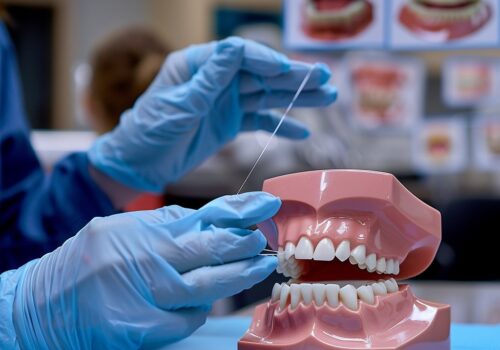


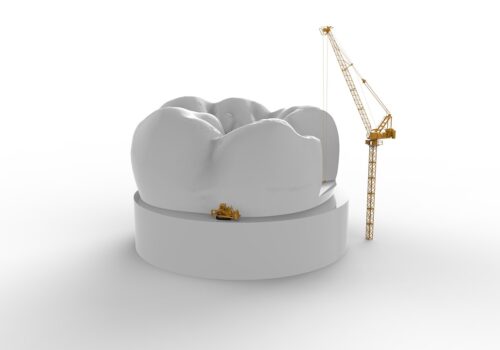
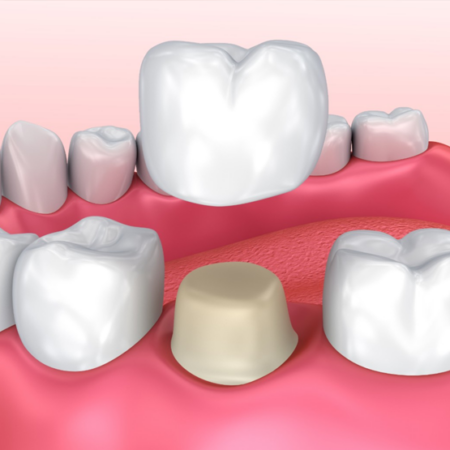
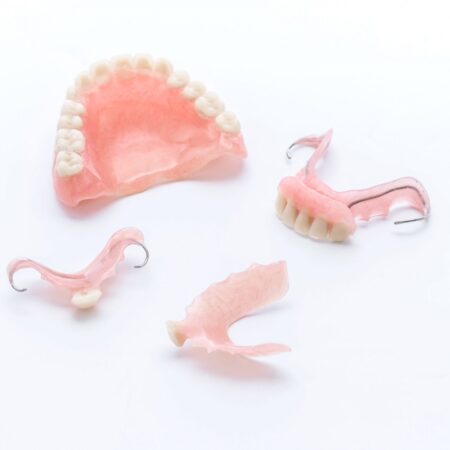

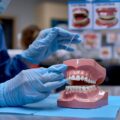


Leave a Reply